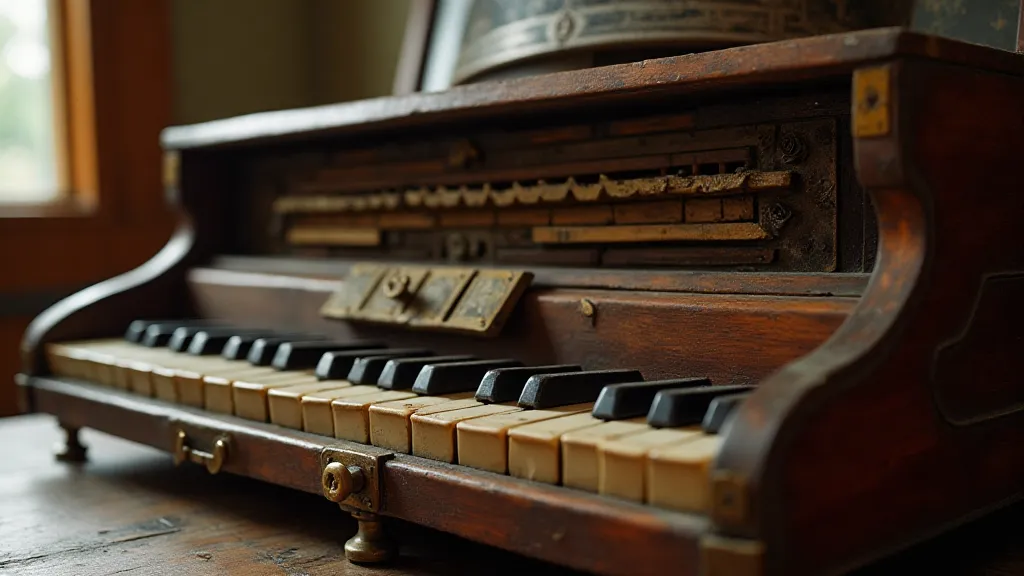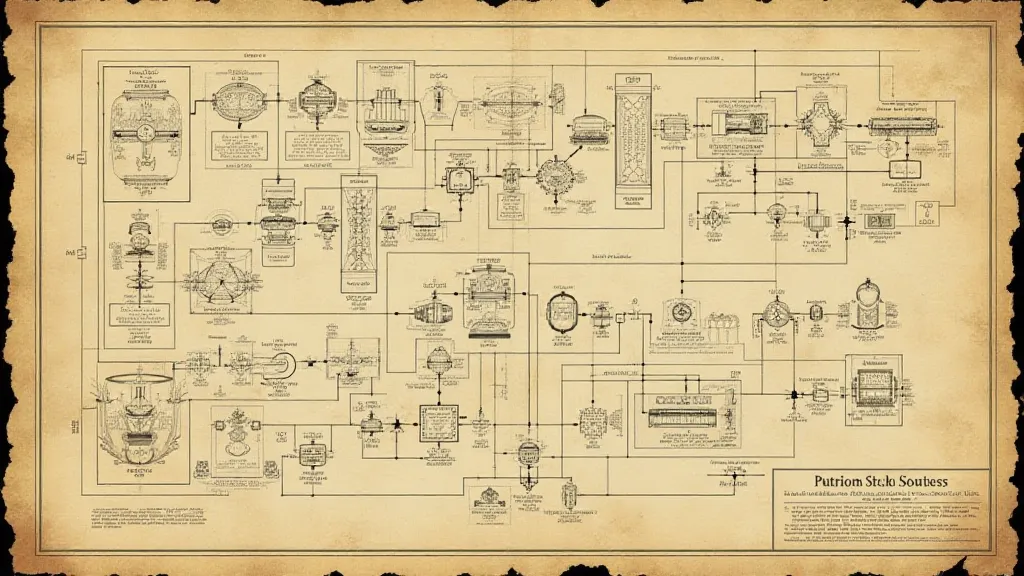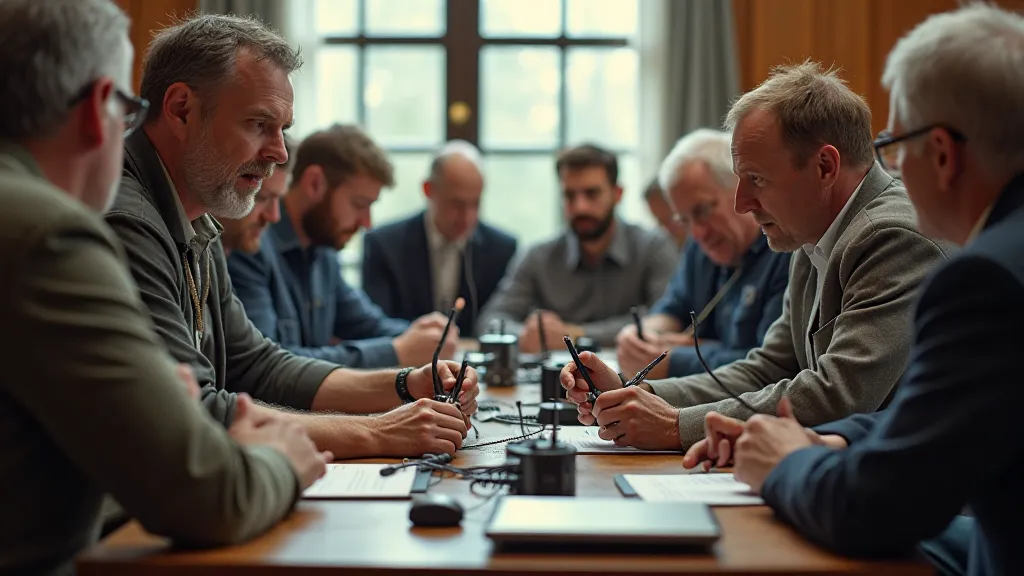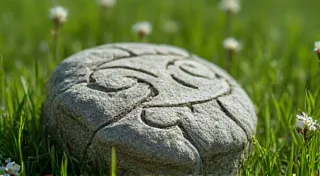The Guardians of the Airwaves: Regulations and Licensing for Amateur Radio Operators
The hum of a vintage accordion, the subtle shift in bellows, the melancholic sigh of air through reeds – these are the sounds that connect us to a history of craftsmanship and heartfelt expression. It's a similar feeling, a reverence for connection and tangible skill, that draws many to amateur radio. But unlike the relatively free-flowing realm of musical expression, the radio spectrum is a shared resource, governed by a framework designed to ensure everyone can communicate responsibly. Becoming an amateur radio operator – a “ham” – isn't just about acquiring a license; it’s about accepting the role of a guardian of the airwaves, upholding a tradition of stewardship and ethical communication.
The story of amateur radio is intertwined with the technological marvels of the early 20th century. Just as the accordion blossomed as a portable instrument enabling personal expression and community music, early radio experimentation was driven by a thirst for instant communication, sparked by the Titanic disaster and the recognition of radio’s potential for maritime safety. Imagine the thrill of those pioneers, tinkering with vacuum tubes, building antennas from coat hangers, and sending their first crackling signals across the air. It was a Wild West of the airwaves, a place of boundless possibility, but it quickly became apparent that some order was needed.

The Federal Communications Commission: Orchestrating the Spectrum
Enter the Federal Communications Commission (FCC). Established in 1934, the FCC’s role is to regulate interstate and international communications, including broadcast radio, television, satellite communications, and, crucially, amateur radio. They’re responsible for allocating frequencies – assigning specific portions of the radio spectrum to different services. Think of it like assigning instruments to different sections of an orchestra; each needs space to play without drowning out the others. The amateur radio bands are allocated for experimentation, self-training, public service, and emergency communications – a unique and valuable role in a world increasingly reliant on technology.
Licensing: Earning Your Place in the Band
Obtaining an amateur radio license isn't a casual undertaking. It’s a process designed to ensure that operators understand the regulations, radio theory, and operating procedures necessary for responsible communication. There are three license classes: Technician, General, and Extra. Each tier grants progressively broader operating privileges.
The Technician license is the entry point. It requires passing a written exam covering basic radio theory, FCC regulations, and operating practices. Think of it as learning the fundamentals – the scales and basic chords for our radio orchestra. The General license builds upon the Technician knowledge, adding more advanced radio theory and operating skills. Finally, the Extra license is the pinnacle, demonstrating a comprehensive understanding of all aspects of amateur radio.
The exams themselves are administered by volunteer examiners (VEs), a dedicated group of experienced amateur radio operators who generously donate their time to administer the tests and guide new entrants into the hobby. These VEs are often as passionate about preserving the tradition as they are about passing on the knowledge.
Operating Privileges and Responsibilities
With a license comes a set of privileges, but also a substantial set of responsibilities. Licensed operators are permitted to transmit on specific frequency bands, within prescribed power limits, and in accordance with FCC regulations. These regulations exist to prevent interference with other users of the radio spectrum, including emergency services, commercial broadcasters, and other licensed amateur radio operators.
Perhaps the most important aspect of being a licensed amateur radio operator is the commitment to responsible use. This includes avoiding interference with other stations, using appropriate language, and respecting the rights of others on the air. It means understanding that the airwaves are a shared resource, and that everyone has a role to play in ensuring their continued availability for future generations. It mirrors the care a craftsman takes in maintaining an antique accordion; a sense of reverence for the instrument and a desire to preserve its integrity.

The Importance of Emergency Communications
Beyond personal communication and experimentation, amateur radio plays a vital role in emergency preparedness and disaster relief. When traditional communication systems fail – due to power outages, natural disasters, or other emergencies – amateur radio operators can provide a critical lifeline, relaying messages, coordinating relief efforts, and providing vital information to communities in need. Many ham radio operators volunteer their time and equipment to participate in disaster drills and to provide support during actual emergencies. They are often the unsung heroes, providing a vital service when it matters most.
A Growing Community, A Rich Heritage
The amateur radio community is a diverse and welcoming group of individuals, united by a shared passion for radio communication and a commitment to responsible use of the airwaves. Whether you’re a seasoned engineer or a complete novice, there’s a place for you in this vibrant community. Online forums, local ham radio clubs, and national organizations provide opportunities to connect with fellow enthusiasts, learn new skills, and share your passion for radio communication.
Just as an antique accordion, meticulously restored, resonates with the music of generations past, the amateur radio hobby connects us to a rich history of technological innovation and human ingenuity. By obtaining a license, following regulations, and operating responsibly, we become guardians of the airwaves, ensuring that this valuable resource remains available for future generations. It’s about more than just transmitting signals; it’s about preserving a tradition, fostering a community, and upholding the values of responsible communication.






